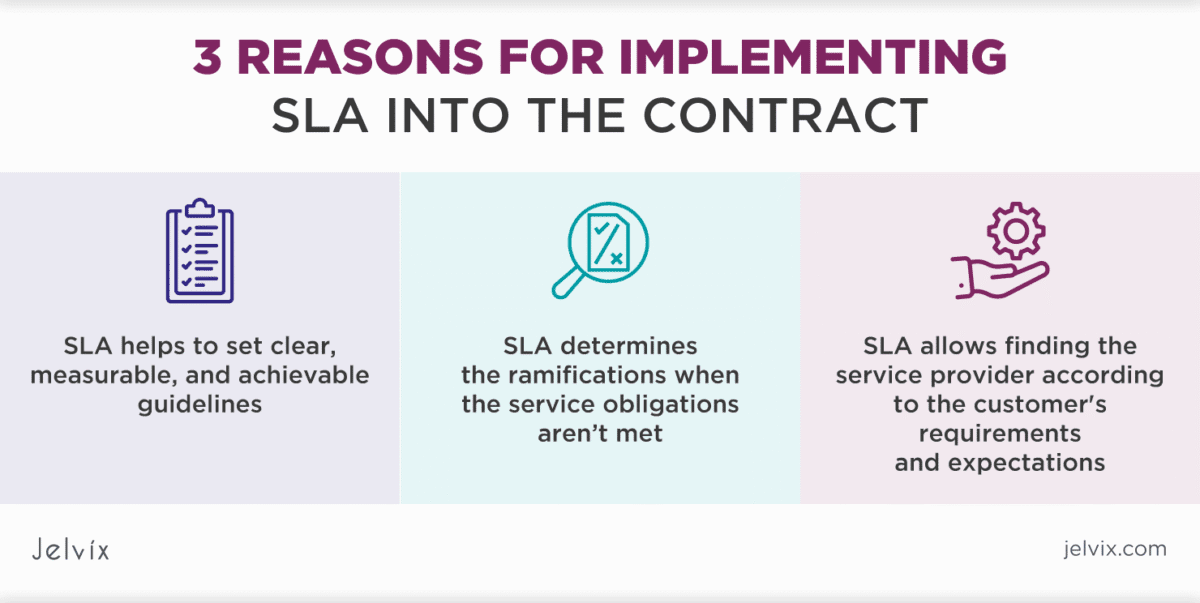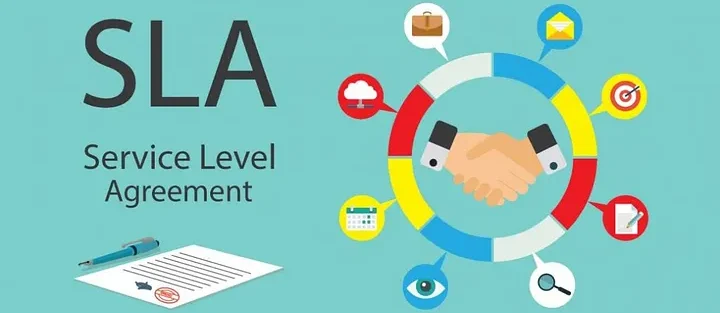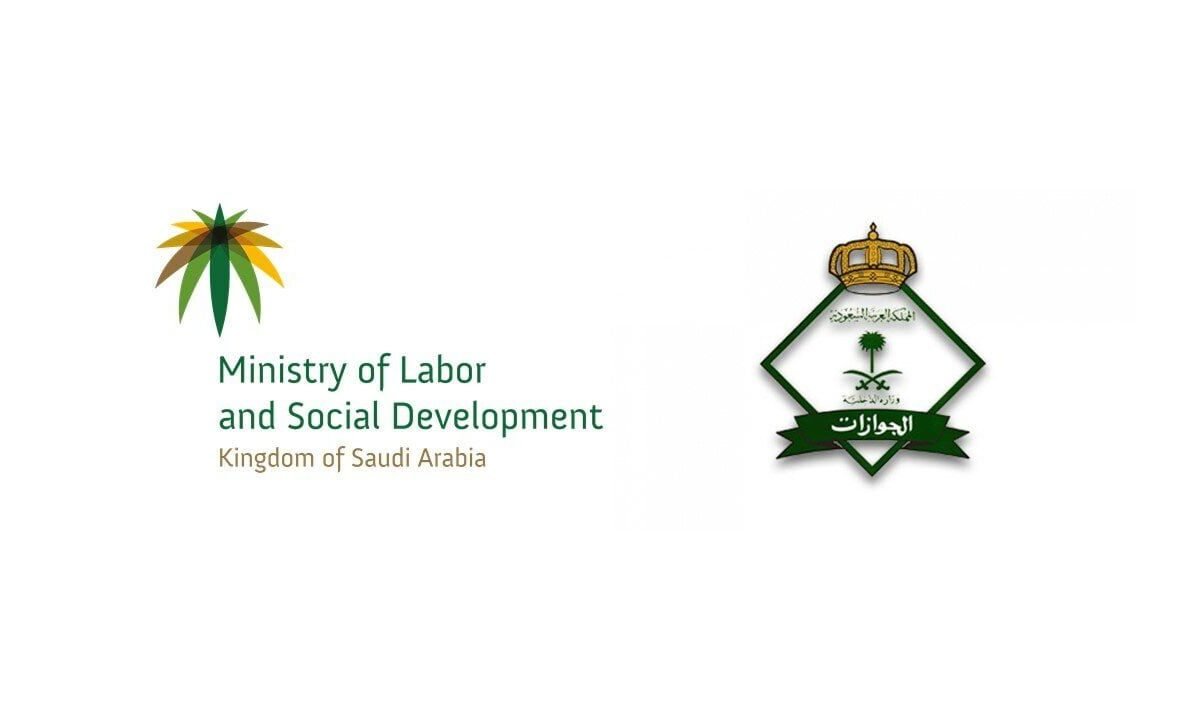Service Level Agreements in Overseas Recruitment: A Key to Successful Hiring
Table of Contents
In the realm of overseas recruitment, businesses and recruitment agencies often enter into Service Level Agreements (SLAs) to ensure a structured and efficient hiring process. SLAs are formal agreements that define the standards and expectations between recruitment service providers and their clients. These agreements play a crucial role in managing expectations, minimizing risks, and ensuring the delivery of high-quality candidates across borders.
This article will delve into the importance, key components, and benefits of SLAs in the overseas recruitment process.
The Importance of SLAs in Overseas Recruitment
Overseas recruitment is inherently complex due to factors such as differing legal frameworks, language barriers, cultural nuances, and logistical challenges. A well-drafted SLA helps mitigate these challenges by clearly outlining responsibilities and expectations for both the recruitment agency and the employer.
Here’s why SLAs are crucial in overseas recruitment:
Clarity of Responsibilities: SLAs specify what is expected from both parties, whether it’s the recruitment agency sourcing qualified candidates or the employer providing necessary documentation.
Accountability: SLAs hold the recruitment agency accountable for delivering services within the agreed timeframe and meeting the employer’s requirements for skill sets and qualifications.
Risk Management: SLAs help in reducing risks by pre-defining consequences for non-compliance or failure to meet standards, ensuring both parties are protected legally.
Efficiency: Through clear timelines and deliverables, SLAs facilitate smooth and timely recruitment processes, which is essential in industries that require immediate staffing, such as healthcare, construction, and IT.

Key Components of SLAs in Overseas Recruitment
When creating an SLA for overseas recruitment, certain critical elements need to be covered to ensure the agreement is comprehensive and actionable. Here are some of the primary components:
Scope of Services:
- Defines the specific services the recruitment agency will provide, such as sourcing candidates, conducting interviews, handling visa processes, and onboarding.
- Outlines the geographical regions and the types of roles the agency will cover (e.g., skilled labor, executive positions).
Performance Metrics:
- Establishes measurable key performance indicators (KPIs) such as the number of qualified candidates presented, time-to-hire, and candidate retention rates.
- Defines the level of quality expected from candidates, including required qualifications, experience, and language proficiency.
Timeframes:
- Details the agreed-upon timelines for each stage of the recruitment process, from the initial candidate search to final placement.
- Sets deadlines for important milestones, such as the presentation of a candidate shortlist or completion of visa paperwork.
Responsibilities of Each Party:
- Clarifies the responsibilities of the recruitment agency and the employer, including the provision of necessary information, feedback, and collaboration during interviews.
- Includes clauses on compliance with local labor laws and immigration policies.
Fee Structure and Payment Terms:
- Outlines the fees for recruitment services, payment schedules, and any additional costs such as advertising or background checks.
- May include performance-based incentives or penalties for underperformance.
Termination Clauses:
- Details the conditions under which either party can terminate the SLA, along with any associated penalties or compensation.
- Protects both the employer and agency from unforeseen disruptions or breaches in the agreement.
Dispute Resolution:
- Provides mechanisms for resolving disputes, including mediation, arbitration, or legal action in case of breach or disagreements over performance.
SLAs provide a structured approach to overseas recruitment, offering a range of benefits for both employers and recruitment agencies.
Improved Candidate Quality:
- With clearly defined performance metrics, recruitment agencies are more likely to present candidates who meet the employer’s exact needs, leading to better hiring decisions.
Predictability and Transparency:
- Employers can expect a more predictable hiring process, with clear timelines and transparent communication regarding progress. This transparency is especially important when dealing with cross-border hiring, where time zones and cultural differences can add complexity.
Cost Management:
- SLAs help manage costs by pre-defining the fee structure and setting expectations for any additional expenses. This helps employers avoid unexpected fees and ensures that both parties agree on the value provided.
Legal Protection:
- An SLA acts as a binding legal document, protecting both parties from disputes. Should any issues arise, the SLA serves as a point of reference for addressing non-performance or unmet expectations.
Enhanced Business Relationships:
- A well-executed SLA fosters trust between recruitment agencies and employers, leading to long-term partnerships. When expectations are met or exceeded, employers are more likely to engage the agency for future recruitment needs.
Conclusion
Service Level Agreements (SLAs) are indispensable tools in overseas recruitment, ensuring a smooth, transparent, and legally sound process. By defining expectations, setting performance metrics, and offering legal protection, SLAs enable employers and recruitment agencies to collaborate effectively in sourcing global talent. Whether recruiting for roles in healthcare, engineering, or IT, having a strong SLA in place allows both parties to align their goals and focus on building a successful workforce.
In today’s competitive global job market, an SLA can be the difference between a recruitment process that delivers results and one that falls short of expectations. As overseas recruitment continues to grow in importance, so too does the need for well-structured SLAs that can bridge the gap between employers and the global talent pool.




